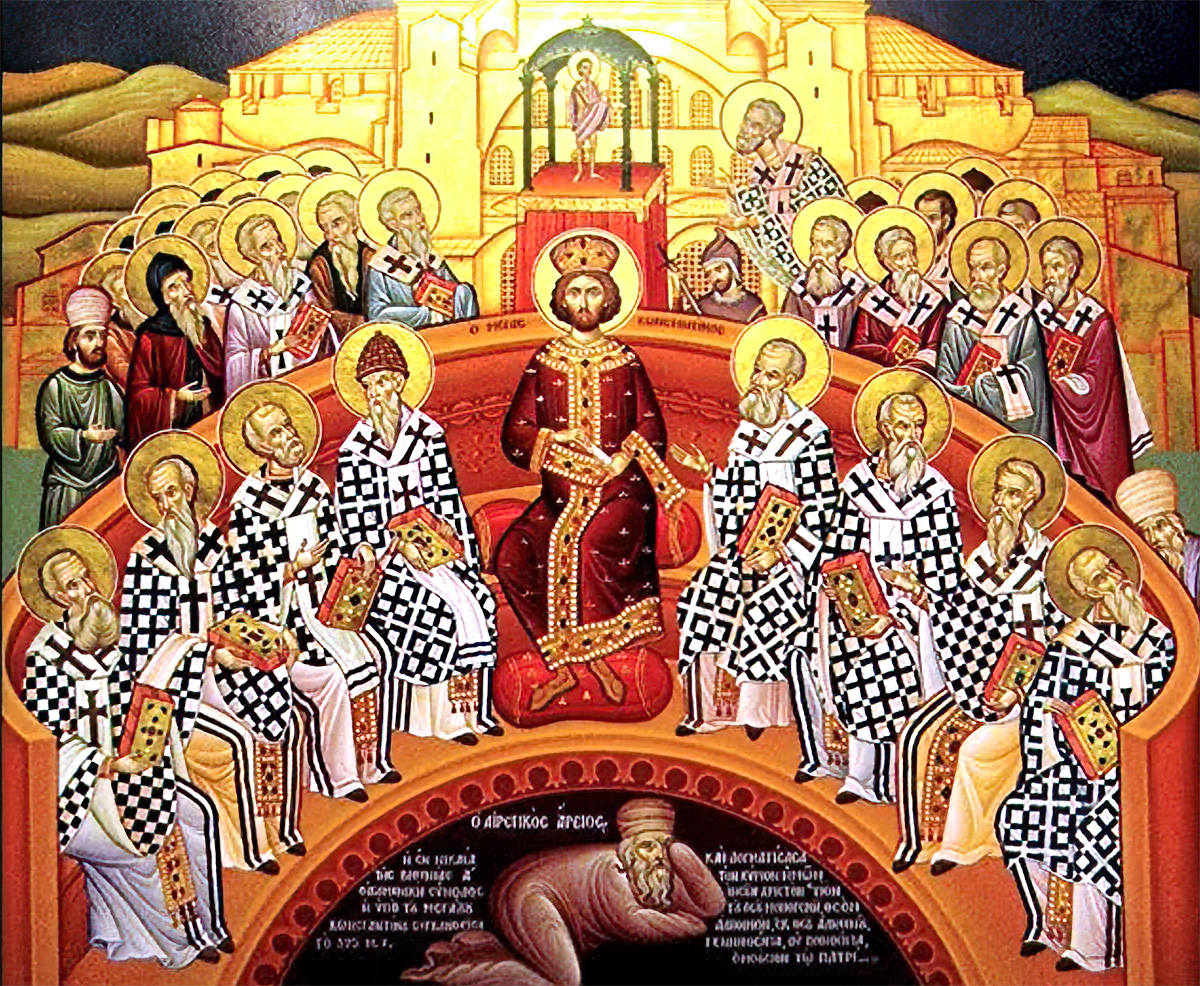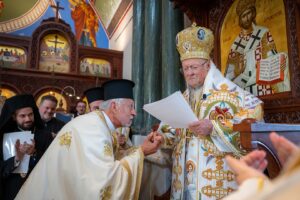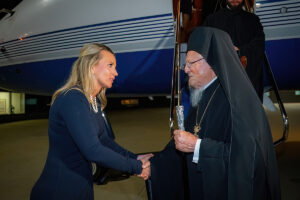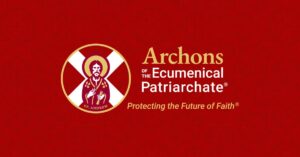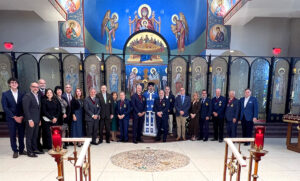2025 is the 1700th anniversary of the First Ecumenical Council, the Council of Nicaea, and this is much more than a typical commemoration. His All-Holiness Ecumenical Patriarch Bartholomew has stated that the Nicene Creed is “the foundation of all the pillars upon which the Church stands,” and that “the spirit of Nicaea must once again ignite the Christian message.” Now, a vital new Archon Symposium will help do exactly that by illuminating the enduring relevance and contemporary significance of this all-important Synod.
The webinar panel discussion, The Legacy of the Council of Nicaea on its 1700th Anniversary, will be held on Sunday, September 14, 2025 at 2 p.m. ET/ 7 p.m. London/ 9 p.m. Athens EEST. Introducing and moderating the discussion will Archon Lou Katsos, president of the East Mediterranean Business Cultural Alliance (EMBCA, Inc.). Panelists will include:
- Prof. Massimiliano Proietti of the University of Bologna;
- Prof. Samuel Fernandez of the Pontifical Catholic University;
- Prof. Christopher Markschies Berlin-Brandenburgische Akademie der Wissenschaften;
- Archon Peter Stavrianidis, PhD.
As His All-Holiness pointed out, the Council’s most important and enduring legacy is the Nicene Creed, a foundational declaration of faith that the Orthodox, Roman Catholic, Anglican, and many Protestant traditions regularly affirm to this day. This creed clarified essential Christian beliefs, particularly the full divinity of Christ, by affirming that Jesus is “begotten, not made, consubstantial with the Father.” In today’s pluralistic and often relativistic context, the creed continues to serve as a unifying anchor of belief and identity across the Christian world.
Because of its unparalleled status among Christians of various faith traditions, the Nicene Creed often provides the common ground for modern ecumenical efforts, offering a shared starting point for dialogue between Orthodox, Catholic, and Protestant traditions. In a fragmented Christian landscape, the clarity and authority of Nicene theology encourage renewed focus on core beliefs over secondary differences.
Nicaea also marked a turning point in the relationship between Church and state. Supported by Emperor Constantine, the Council introduced a dynamic in which secular power intersected with ecclesiastical decision-making—a relationship still debated today, particularly regarding religious freedom, public morality, and political engagement.
All this and more make the symposium The Legacy of the Council of Nicaea on its 1700th Anniversary an educational event that is not to be missed by all those who wish to grow in their understanding of our Holy Orthodox Faith.
